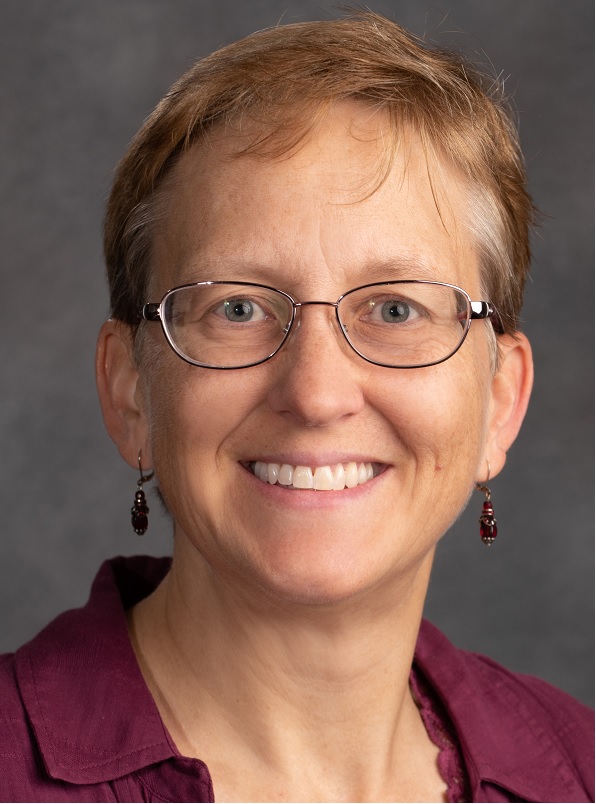
Heidi Diefes-Dux
Professor of Engineering Education, Biological Systems Engineering
Dr. Heidi Diefes-Dux is changing the conversation around education in engineering. Through disciplinary-based education research (DBER), Heidi aspires to bring focus on creating and achieving learning outcomes within engineering curricula through transformations in grading and feedback strategies. Further, her new BSEN course is an initial step in an effort by the College of Engineering to develop an engineering education graduate program at the University of Nebraska-Lincoln.
Heidi is a Food Process Engineer by training. She received her bachelor's and master's degrees in food science from Cornell University, and then transitioned into engineering for her doctoral degree at Purdue University. During her M.S., Heidi served as a teaching assistant. While on fellowship at Purdue, she did not have the opportunity to be in the classroom and found that she missed teaching.
During this time, Heidi also saw an interesting juxtaposition between students in different engineering programs. While graduate students in Agricultural and Biological Engineering valued and discussed education because it was a vital component of Extension education and the land-grant missions of many agricultural and biological systems engineering departments, graduate student peers in other engineering departments were often discouraged from talking about the education component of engineering. The student chapter of the American Society for Engineering Education, at the time, provided a haven for those interested in learning more about engineering education best practices.
Following graduation, Heidi took a teaching position in the Department of Freshman Engineering at Purdue. As she continued teaching, she began to see the classroom as a laboratory. She posed questions such as, "What were effective strategies for teaching first-year engineering students?"
To learn more, Heidi attended classes and workshops in education areas. She also started collaborating with faculty in the College of Education. This eventually led to her participation in the creation of Purdue’s School of Engineering Education, a milestone in changing the dialogue about the value of engineering education research. Now, Heidi seeks to do the same at Nebraska.
What Heidi brings to the classroom is a wealth of different skill sets and technologies to bring the findings of scholarly education research back to the classroom. Like the colleagues that will join her at UNL as part of the College of Engineering's DBER Initiative, Heidi applies theories of development and thinking to understand how and why educational strategies and interventions do and do not work.
Heidi currently researches the use of learning objectives as the basis for grading, which has potentially strong ties to the ABET accreditation process. The ability to grade via course management systems has opened up opportunities to investigate grading and feedback practices. One issue Heidi studies is how to best train graders to provide reliable and meaningful feedback on complex student work.
Heidi is also interested in student engagement with their feedback. These studies look at when and how often students access their grades and their feedback. So far, Heidi has discovered that implementing self-reflections significantly increases students' access to their feedback. Her next step involves analyzing the text of these student reflections to learn how deeply students think about their learning with respect to the course learning objectives.
This spring, Heidi will offer her first course at Nebraska in engineering education, BSEN 892: Foundations of Engineering Education Research. This course serves as an introduction to engineering education research as a field of inquiry and will explore its historical roots, current expressions, and future directions. Graduate students interested in the engineering education field, students writing theses or dissertations in on engineering education topics, or students seeking faculty positions are good matches for this course.